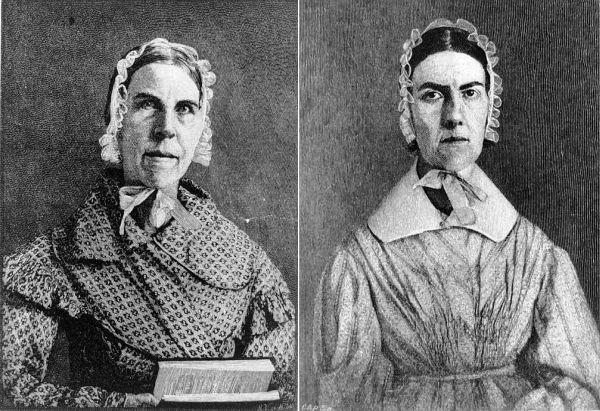By the late 1820s, most states had removed property requirements for voting, allowing most white men to vote in elections. Voter turnout soared in the election of 1828, more than doubling from 1824. Andrew Jackson’s campaign gained energy from this expanded suffrage. He called himself the "common man's president." People believed he was a war hero ready to fight against wealthy elites. Elections became a big part of everyday life. People attended rallies, marched in parades, and sang campaign songs.
As participation grew, parties also became stronger. Jackson’s supporters formed the Democratic Party. After the Bank War, Jackson’s opponents formed the Whig Party. Their rivalry, called the Second Party System, made elections louder and more public. Both parties held rallies and printed newspapers. They also shared slogans and songs to draw in crowds. Elections became less about quiet voting and more about visible participation. In 1832, voter turnout fell because of a cholera outbreak. Still, the connection between democracy and daily life was clear.
Women also shaped politics, although they weren't allowed to vote. They reported on women at rallies, parades, and campaign events. Some gave toasts, others marched, and many helped build the image of party leaders. Activists like the Grimké sisters and Maria Stewart took bold steps. They spoke and wrote about slavery and women's rights. Women shaped politics even without voting. They turned to public speaking, social networks, and the printed word to voice ideas.

Debates over slavery also became more visible in this period. In the North, opponents of slavery used newspapers, pamphlets, and speeches to share their views. However, Jackson supported Southern leaders who tried to silence calls to end slavery. These debates showed the widening gap over slavery. They also showed how politics shaped daily life.
By the end of Jackson’s presidency, American politics looked very different than it had a generation earlier. More people had the right to vote. More participation gave way to more powerful political parties. Women and others found ways to shape debates through words, actions, and influence. Questions about slavery and power proved that politics affected everyone, not just leaders in Washington. It was now part of daily life for many Americans.
